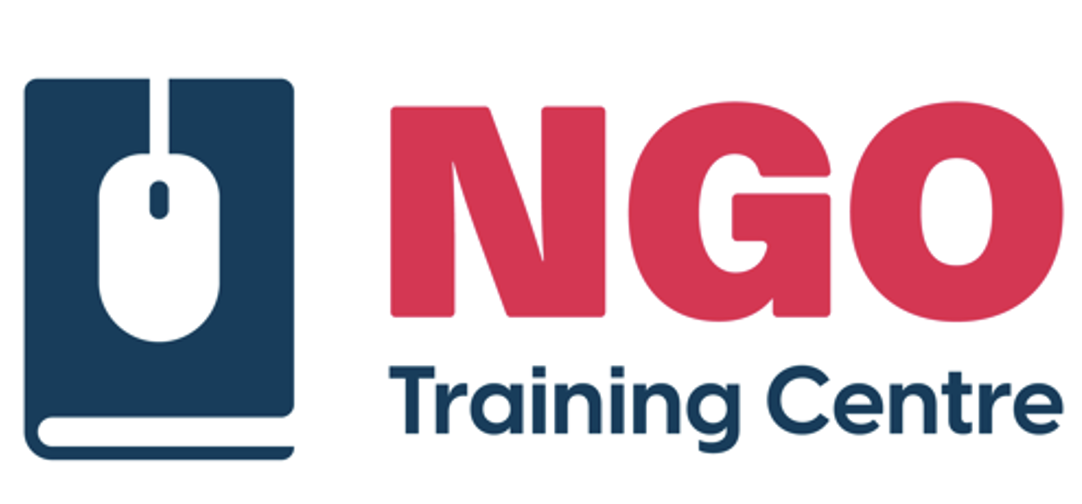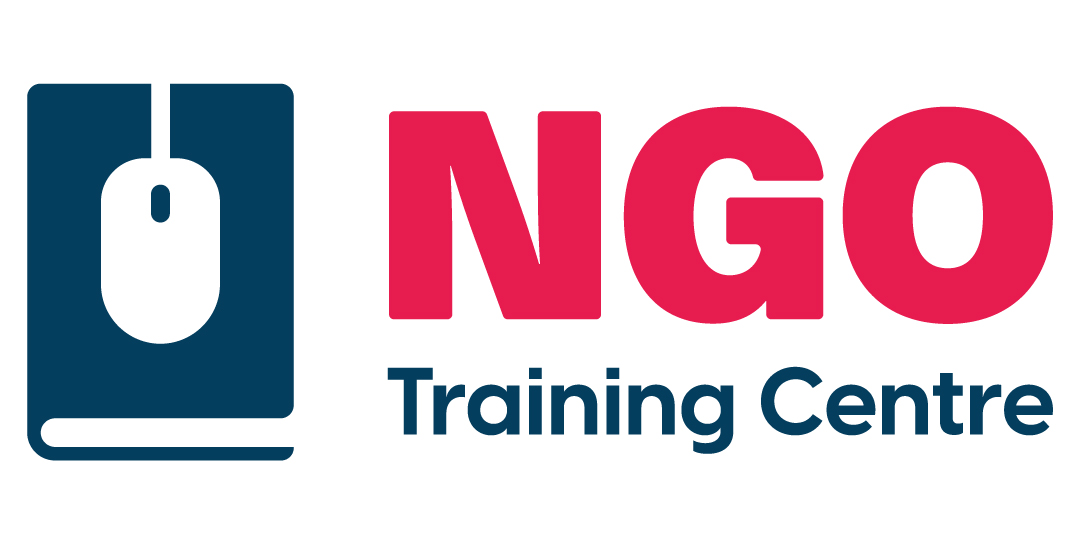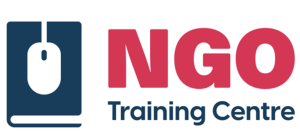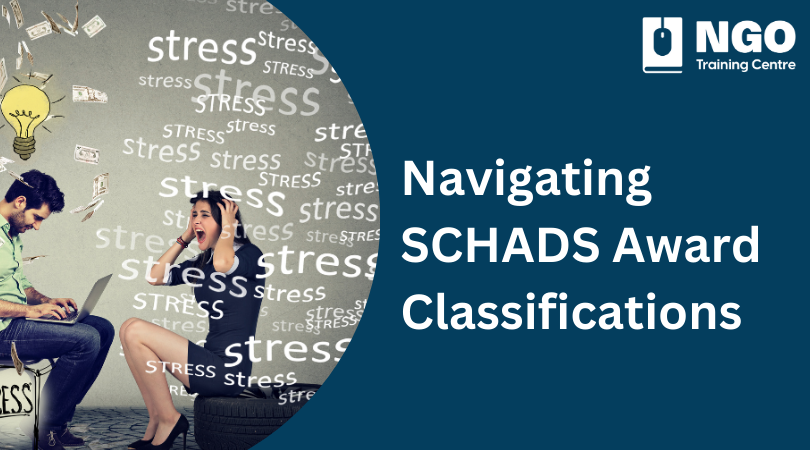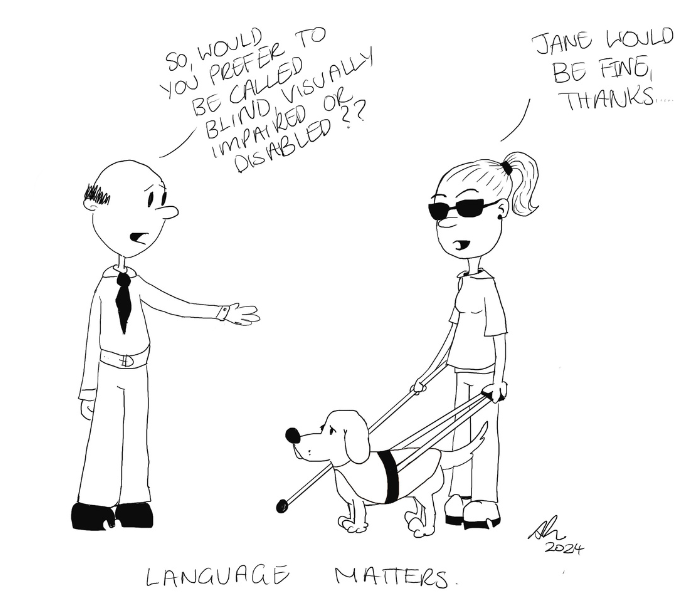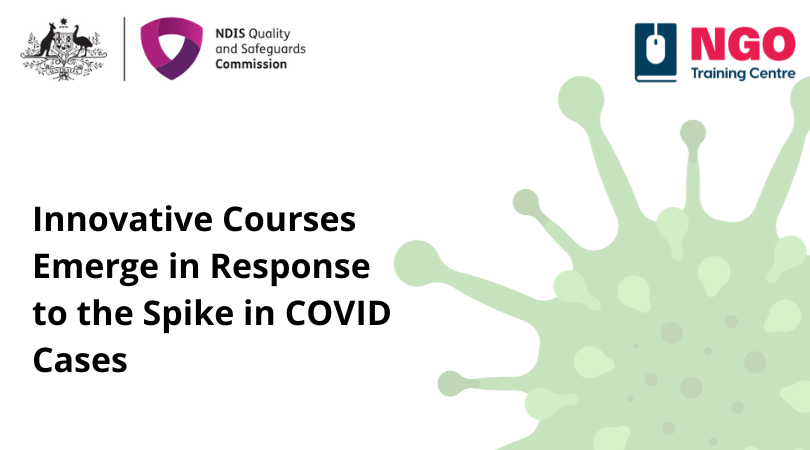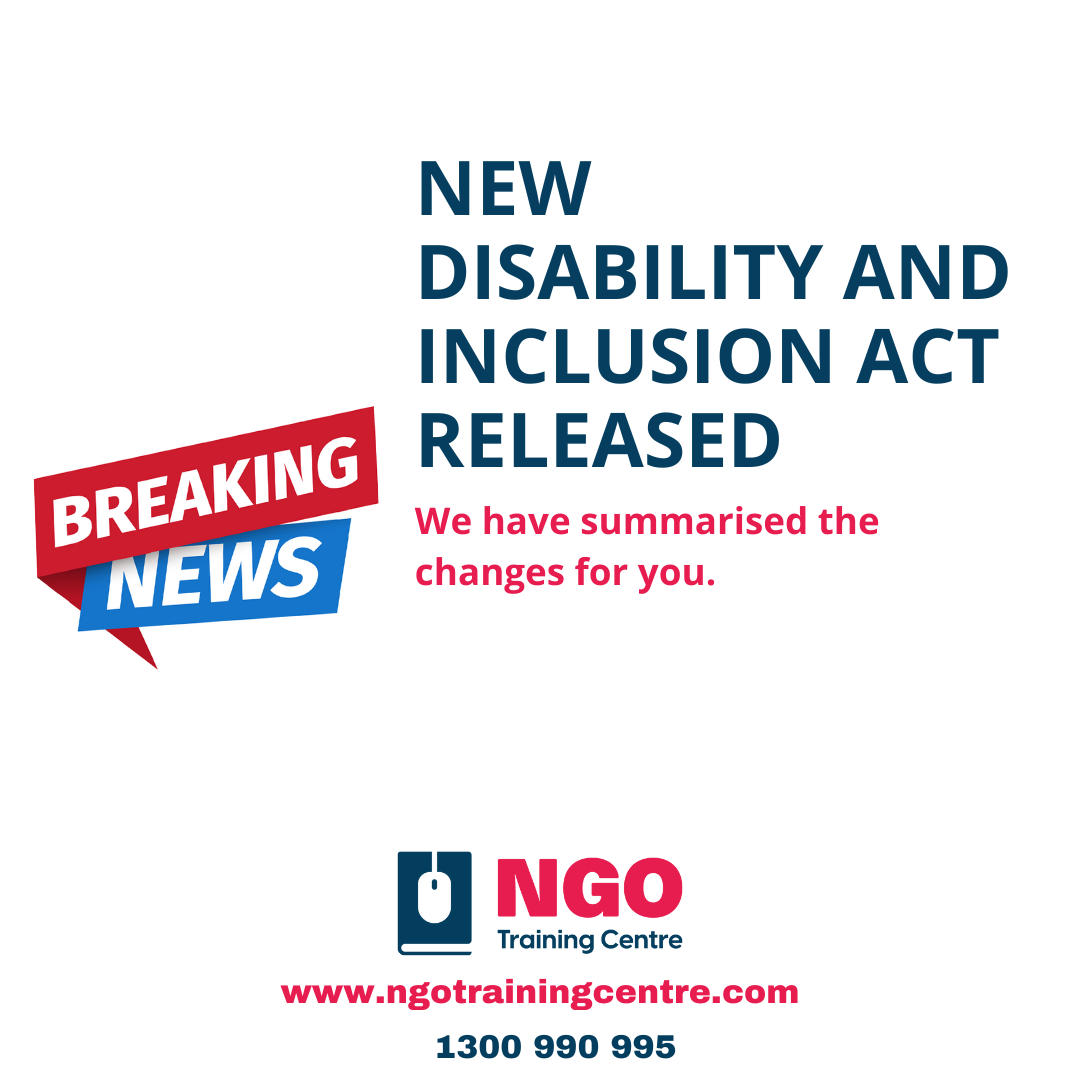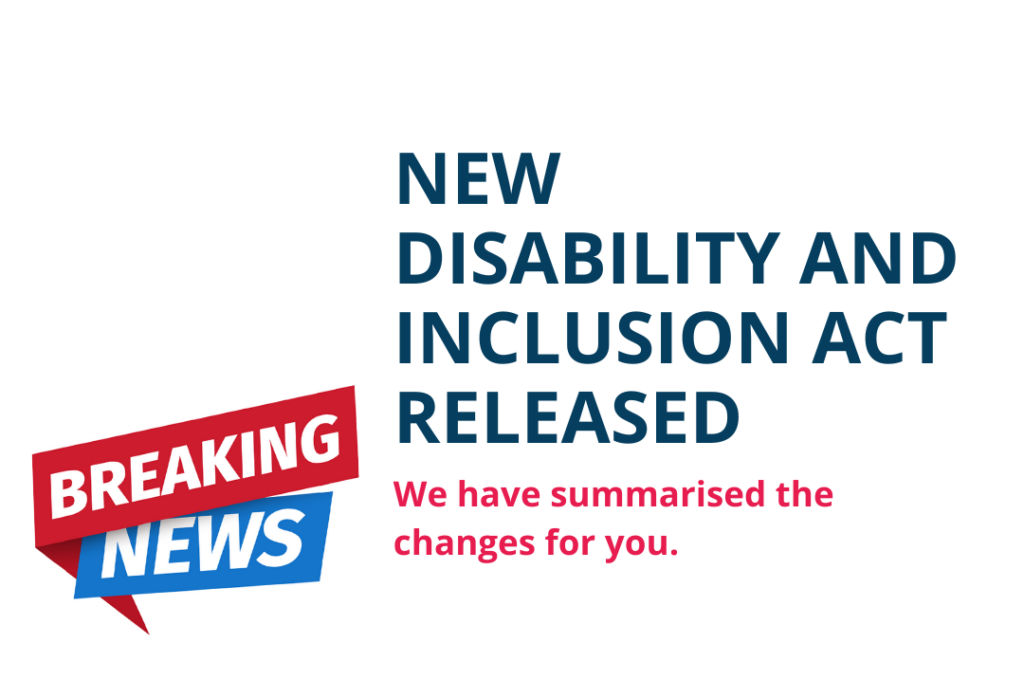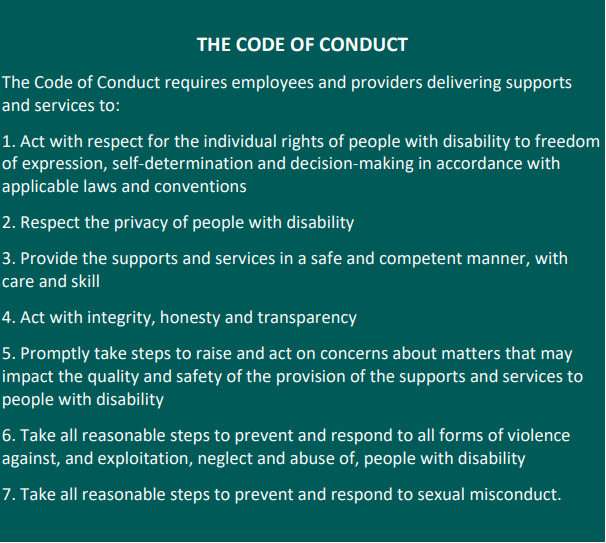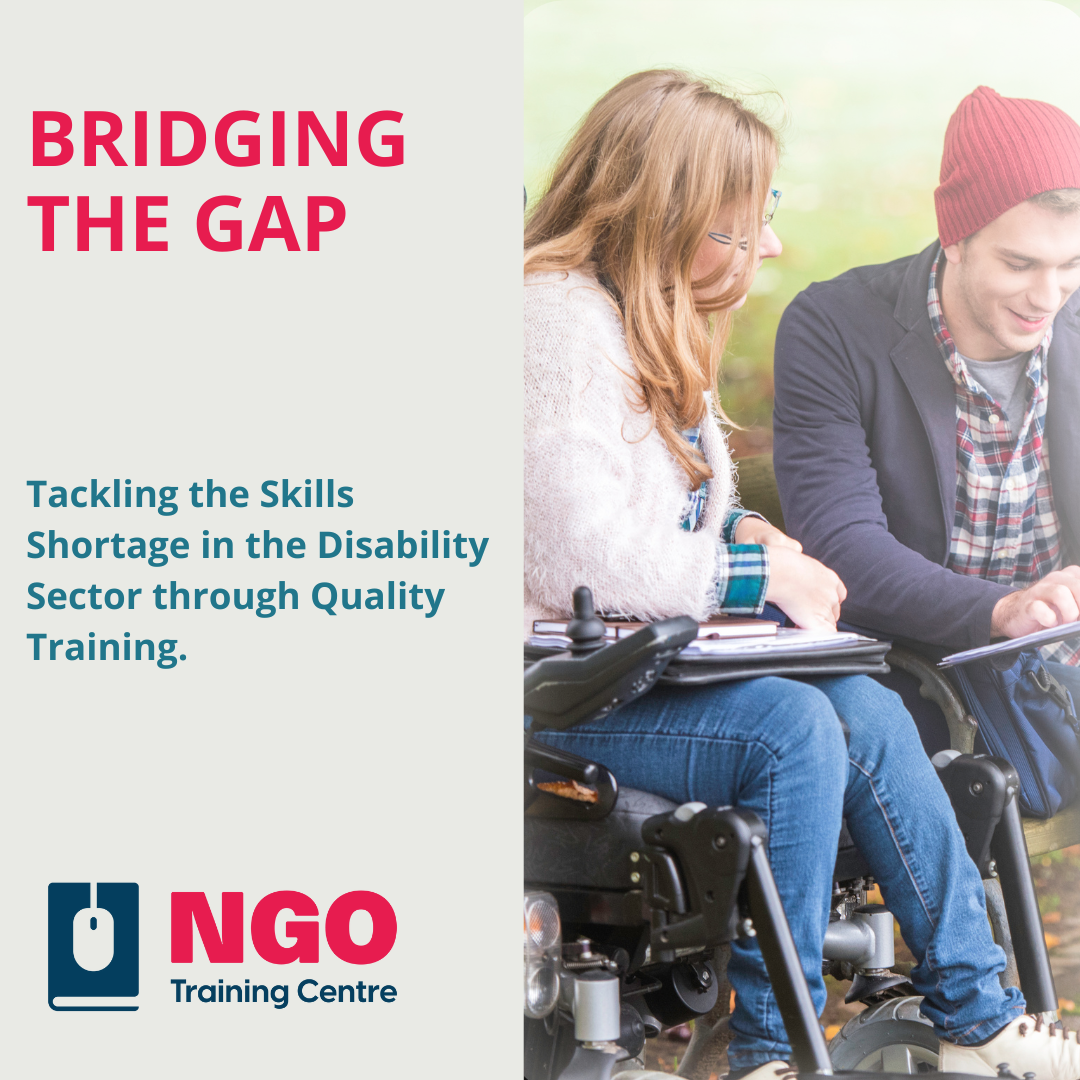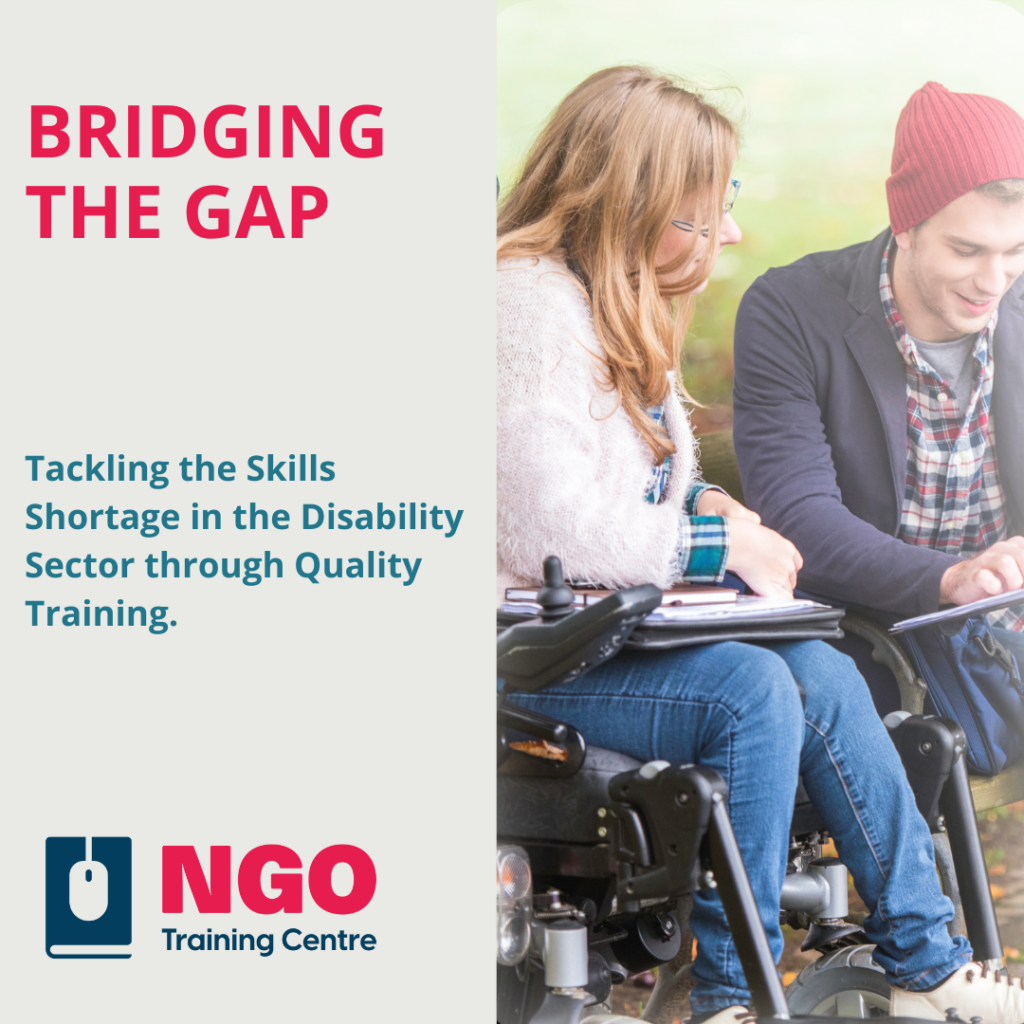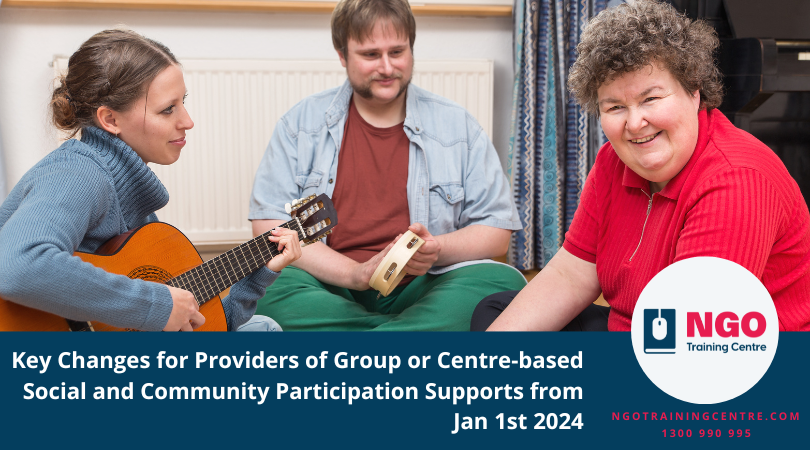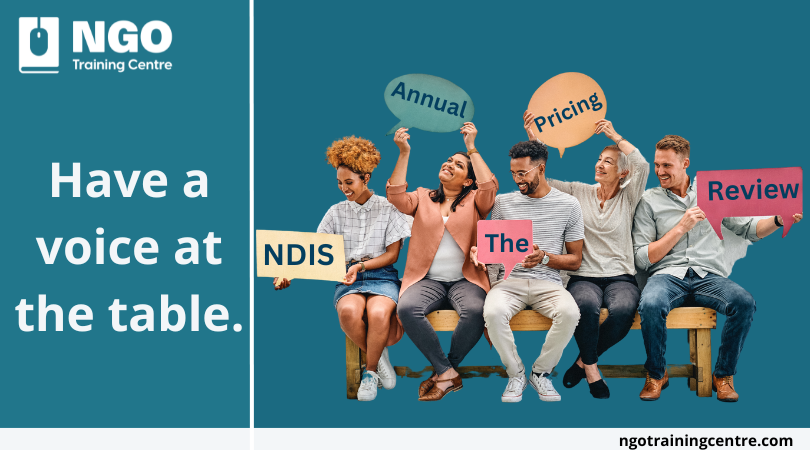
Have a Voice at the Table in the NDIS Annual Pricing Review
Are you passionate about NDIS pricing arrangements and the impact they have on you as a provider, your participants and the broader disability support community? If so, the NDIA are inviting you to actively participate in the Annual Pricing Review (APR) for 2023-2024, a crucial initiative that shapes the landscape of the National Disability Insurance Scheme (NDIS).
Why Does the APR Matter?
The APR plays a key role in assessing and potentially adjusting the current NDIS pricing arrangements to ensure they align with key principles, including providing value for money, delivering fair and consistent participant outcomes, supporting sustainable market growth, and promoting the delivery of high-quality, innovative supports.
Get Involved: APR Terms of Reference and Consultation Papers
The APR Terms of Reference and Consultation Papers have now been released. These documents serve as a guide for stakeholders, outlining the focus areas and key questions for consideration. Your insights and experiences are vital in helping the NDIA understand the nuances of the disability support landscape.
Key Focus Areas for Submissions:
- Supports delivered by disability support workers
- Therapy supports
- Support coordination
- NDIS cancellation policy
- Enhancing Participant Engagement: Participant-Focused Consultation Paper
This year, the NDIA are dedicated to enhancing participant engagement. To make the process more accessible, they have also introduced a Participant-Focused Consultation Paper. This includes a plain English paper, an accessible easy-read paper, and an online survey submission. Including the perspectives of participants, means that their unique needs and preferences are being addressed.
Submission Deadline: Act Now!
The deadline for provider submissions is Sunday, March 3, 2024, and for participants the deadline is Sunday, March 17, 2024. Your input is instrumental in shaping the future of NDIS pricing arrangements.
Have Questions or Want to Submit? Reach Out!
If you have any questions regarding the consultation paper or wish to submit your insights, please don’t hesitate to contact the NDIA at apr@ndis.gov.au Your active involvement ensures that your voice is heard and contributes to a more inclusive and effective NDIS.
Let’s work together to create a pricing framework that truly reflects the needs and aspirations of the NDIS community. Your input matters!
Terms of Reference can be found here: Terms of Reference and Consultation Papers.
A link to the survey for participants can be found here: Link to survey
Written by Amanda Robinson, B.A., MMentalHealth Prac.
Amanda is a professional with over a decade of dedicated experience in the fields of Mental Health and Disability. Her extensive expertise lies in navigating the intricate landscape of the Disability Sector. She brings a unique perspective to her work, being both a person with lived experience of disability and a compassionate carer. She has a passion for advocacy, making her a staunch champion for the rights and well-being of individuals facing similar challenges.

